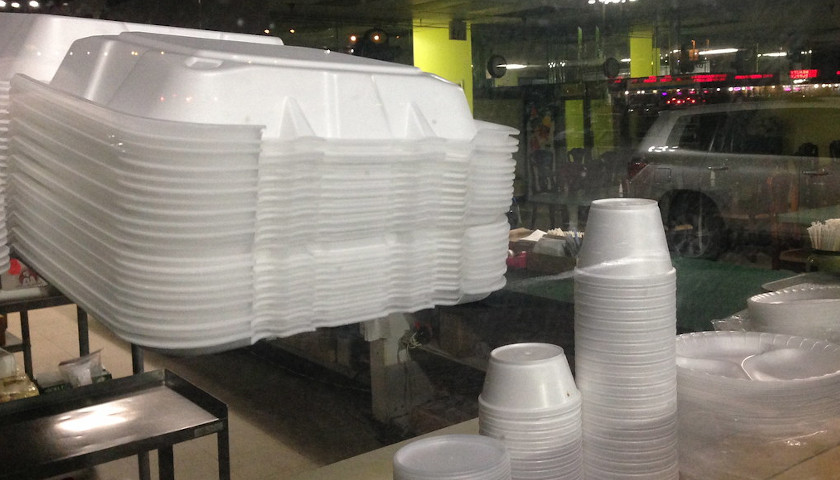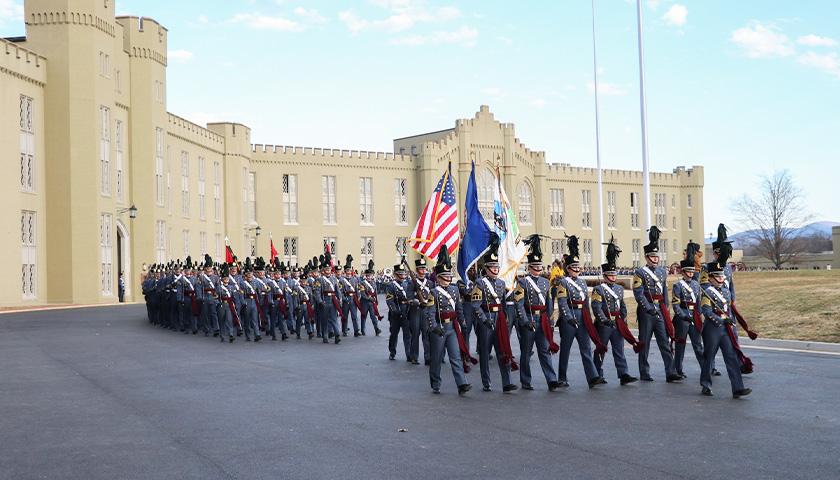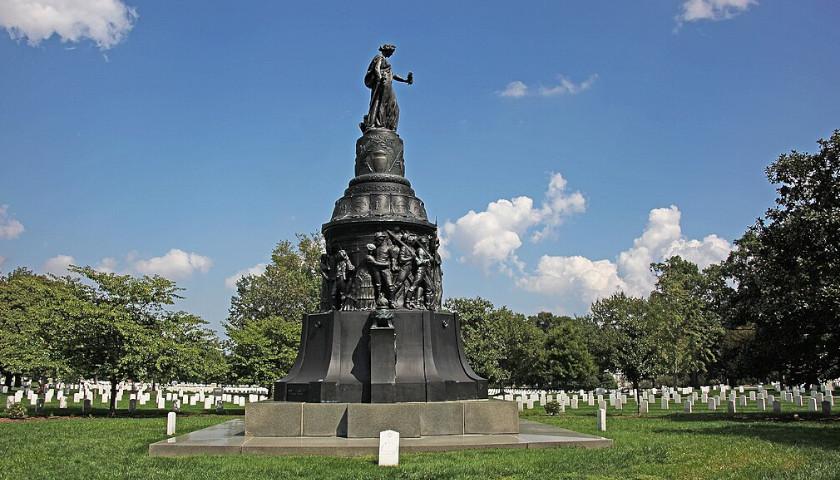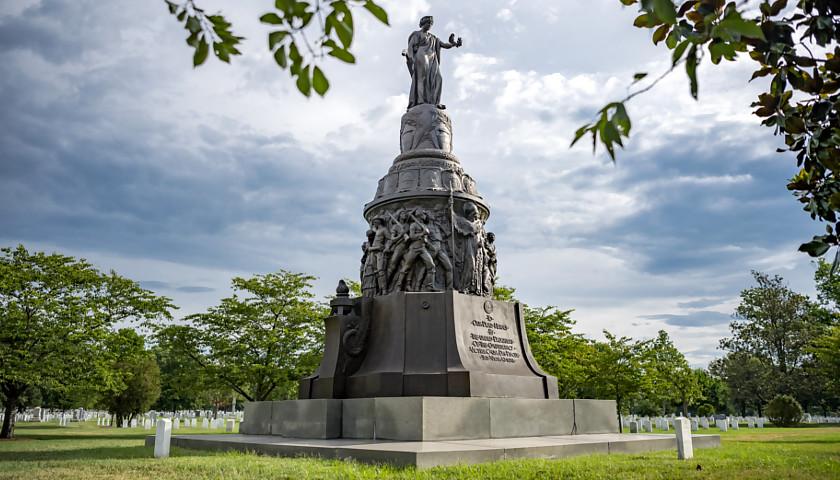Governor Ralph Northam signed a ban on executive branch state agencies using single-use plastics. On Tuesday, he announced Executive Order 77 at the Environment Virginia Symposium held at Virginia Military Institute. He also announced the signing of Delegate Betsy Carr’s (D-Richmond) food vendor Styrofoam ban bill.
“From landmark investments in renewable energy to bold action to tackle the climate crisis, Virginia is at the forefront of innovative efforts to protect our environment, and addressing the problem of plastic pollution is an important part of this work,” Northam said in a press release. “As a large producer of solid waste, the Commonwealth must lead by example and transition away from single-use disposable plastics to create a cleaner, more sustainable future for all Virginians.”
EO 77 (EO) orders executive branch agencies to stop using single-use plastics like disposable bags and water bottles within 120 days. It does include some temporary exceptions for medical and emergency applications.
“Plastic pollution has emerged as one of the most challenging environmental problems of our lifetime, with devastating impacts on our oceans and coasts, and many questions about human health effects,” Secretary of Natural Resources Matthew Strickler said in the release. “Decades of experience have shown us that breaking our plastic addiction is the only truly effective pollution reduction strategy.”
HB 1902
Carr’s polystyrene (Styrofoam) ban was first passed in the 2020 General Assembly but it required passage a second time in the 2021 session. Republican legislators opposed the bill, saying that it put a burden on already-struggling restaurant owners, but Democrats described a worsening pollution problem that needed to be addressed.
The bill will first take effect in July 2023 for large food vendors with more than 20 locations; in July 2025, it will apply to all food vendors, although they can apply for temporary exemptions to their localities. Violation can result in a $50 per day fine.
“Polystyrene foam, what most of us call Styrofoam, is the most frequently observed plastic litter in our oceans and waterways. It is even found in remote corners of the arctic,” Carr said in committee in January.
Virginia Restaurant, Lodging and Travel Association Director of Government Affairs Robert Melvin told the committee that a polystyrene ban would hurt restaurants who have been relying on takeout during COVID-19. He said that one restaurant with locations in Maryland, where a similar ban has been enacted, has seen an increase in cost of $38,000 per year due to the ban.
“I would also like to point out that this is one of the most sanitary food service containers that can be used by many of these establishments, currently, especially while we’re trying to combat this pandemic,” Melvin said. “We don’t know what kind of viruses we may have to deal with in the future so I think that this option should remain on the table.
On the Senate floor in February, Senator Chap Petersen (D-Fairfax) called it “The Great Polystyrene Compromise of 2021,” and noted that passage of the bill was linked to bipartisan efforts to pass Senator Emmet Hanger’s (R-Augusta) bill that would change regulation for new recycling processes that promise to handle previously un-recyclable products. That bill, SB 1164, passed the General Assembly, and Northam has until the end of March to sign it.
– – –
Eric Burk is a reporter at The Virginia Star and the Star News Digital Network. Email tips to [email protected].
Photo “Styrofoam” by romana klee. CC BY-SA 2.0.




